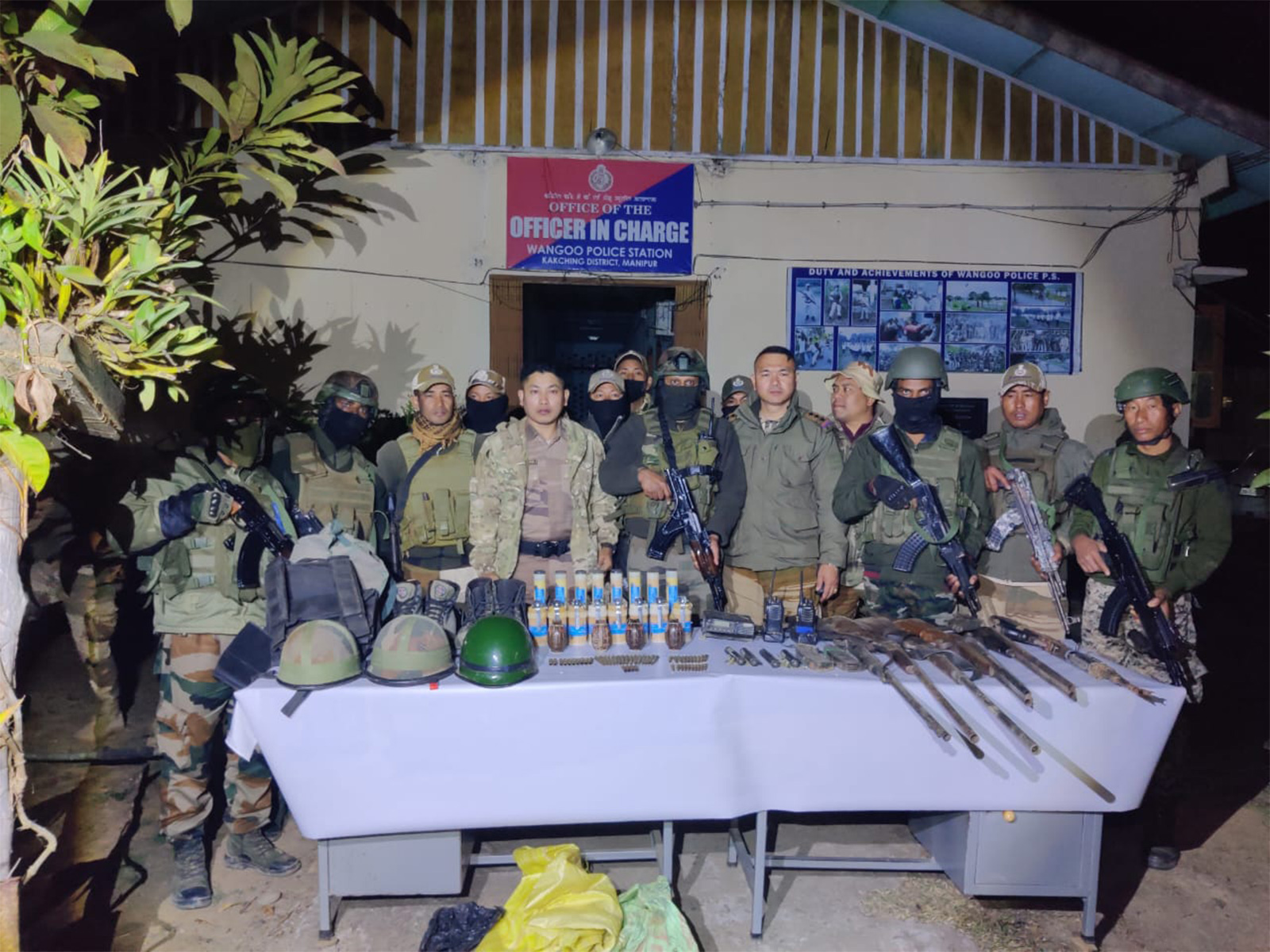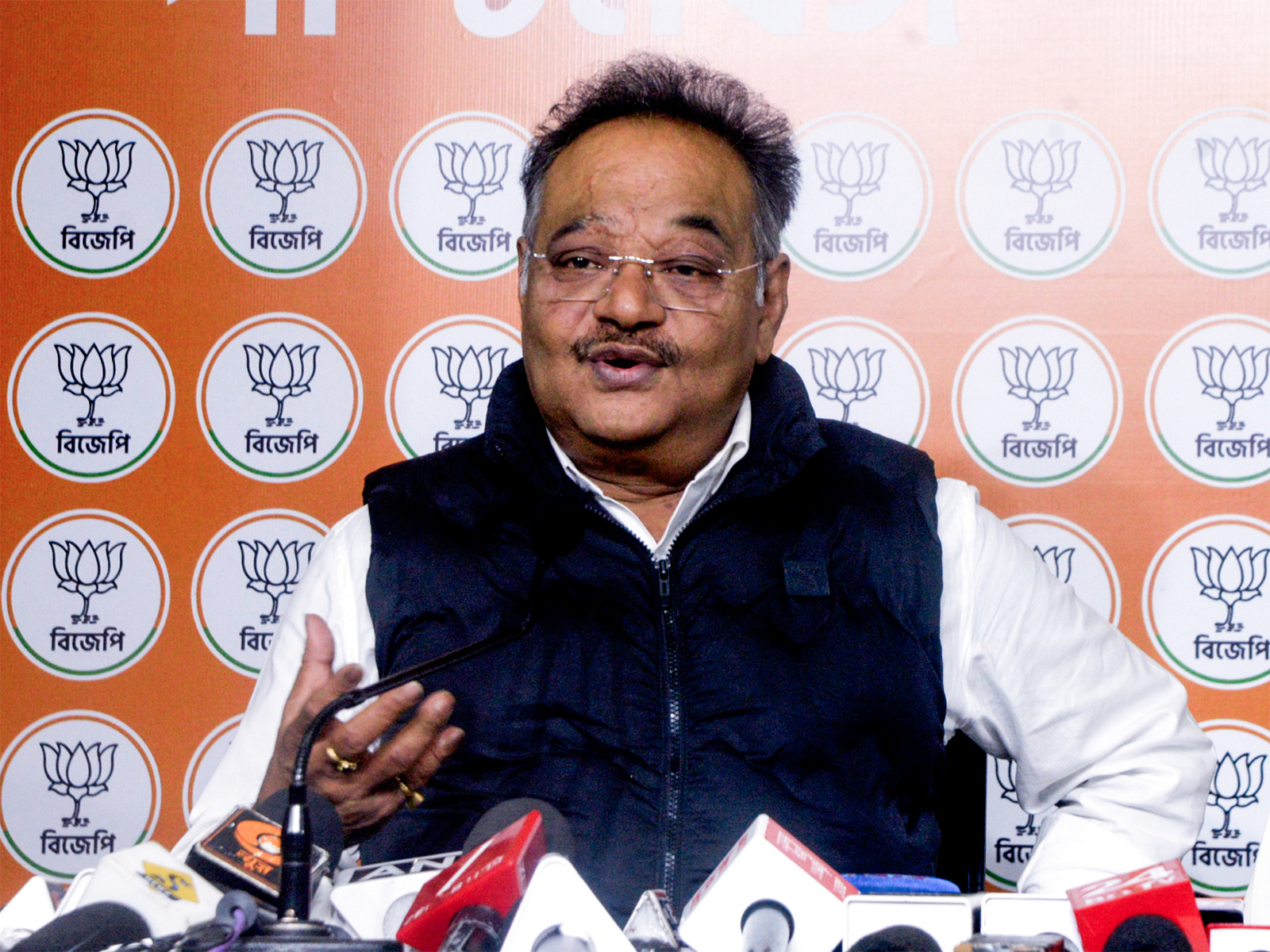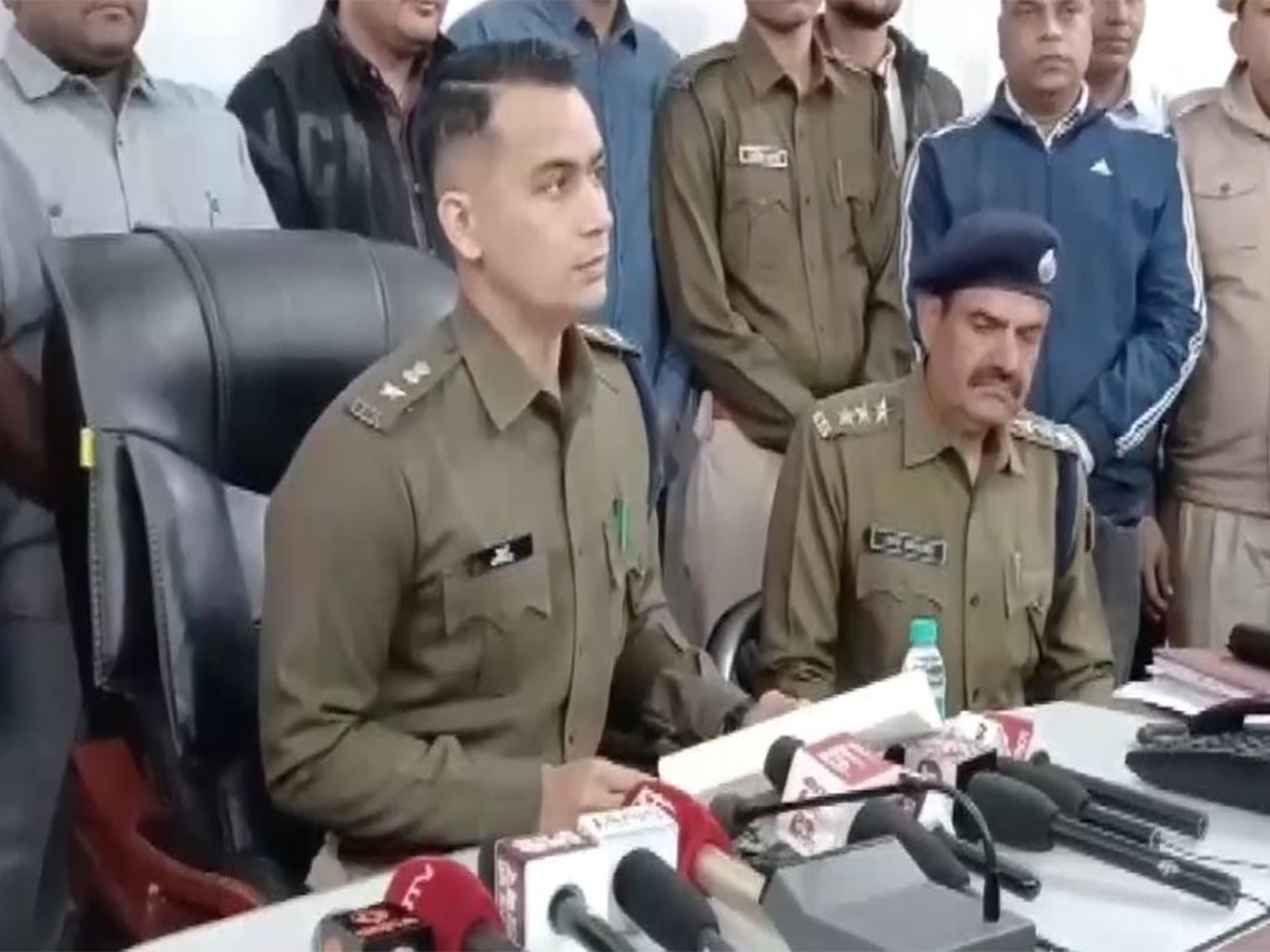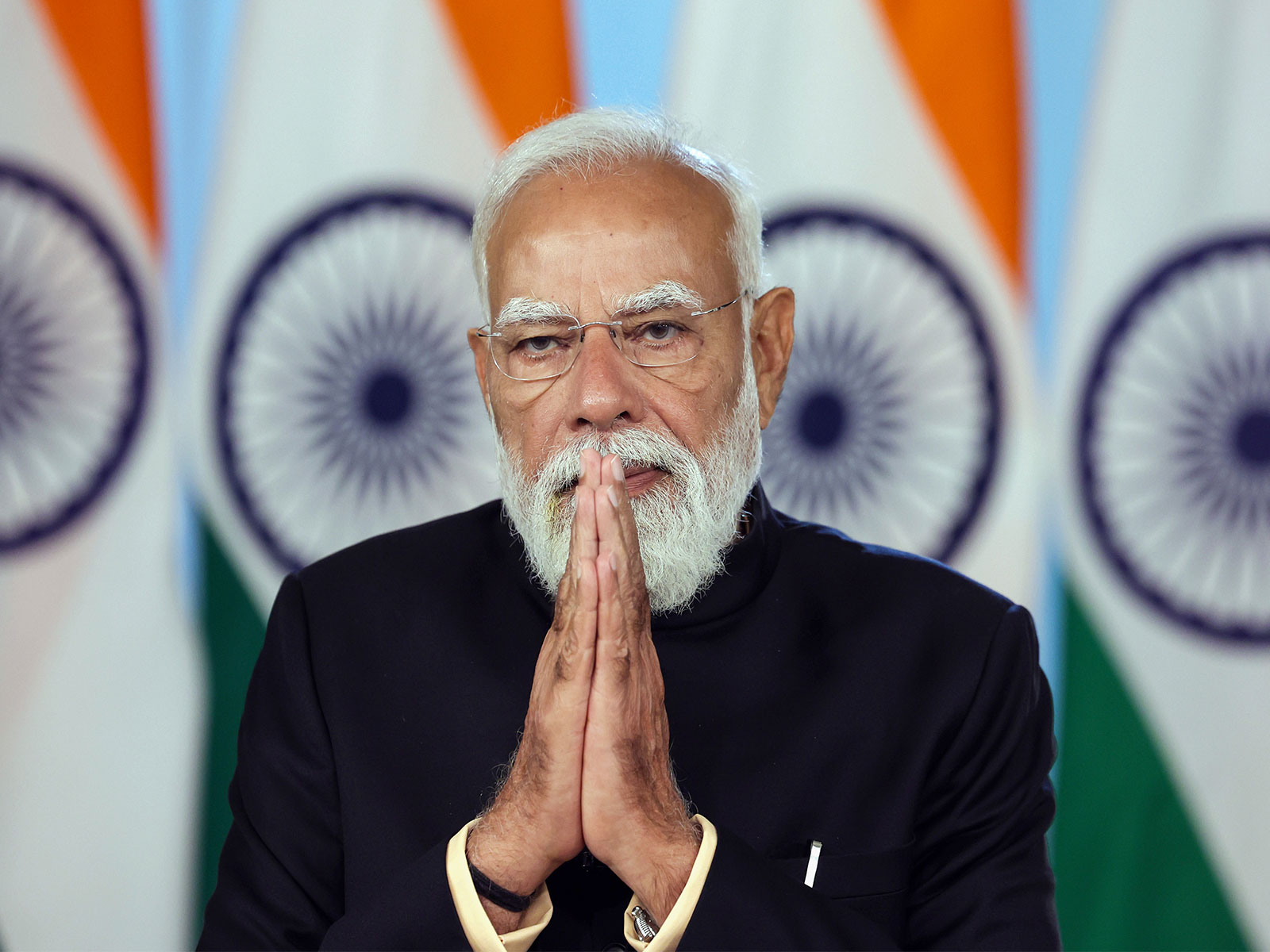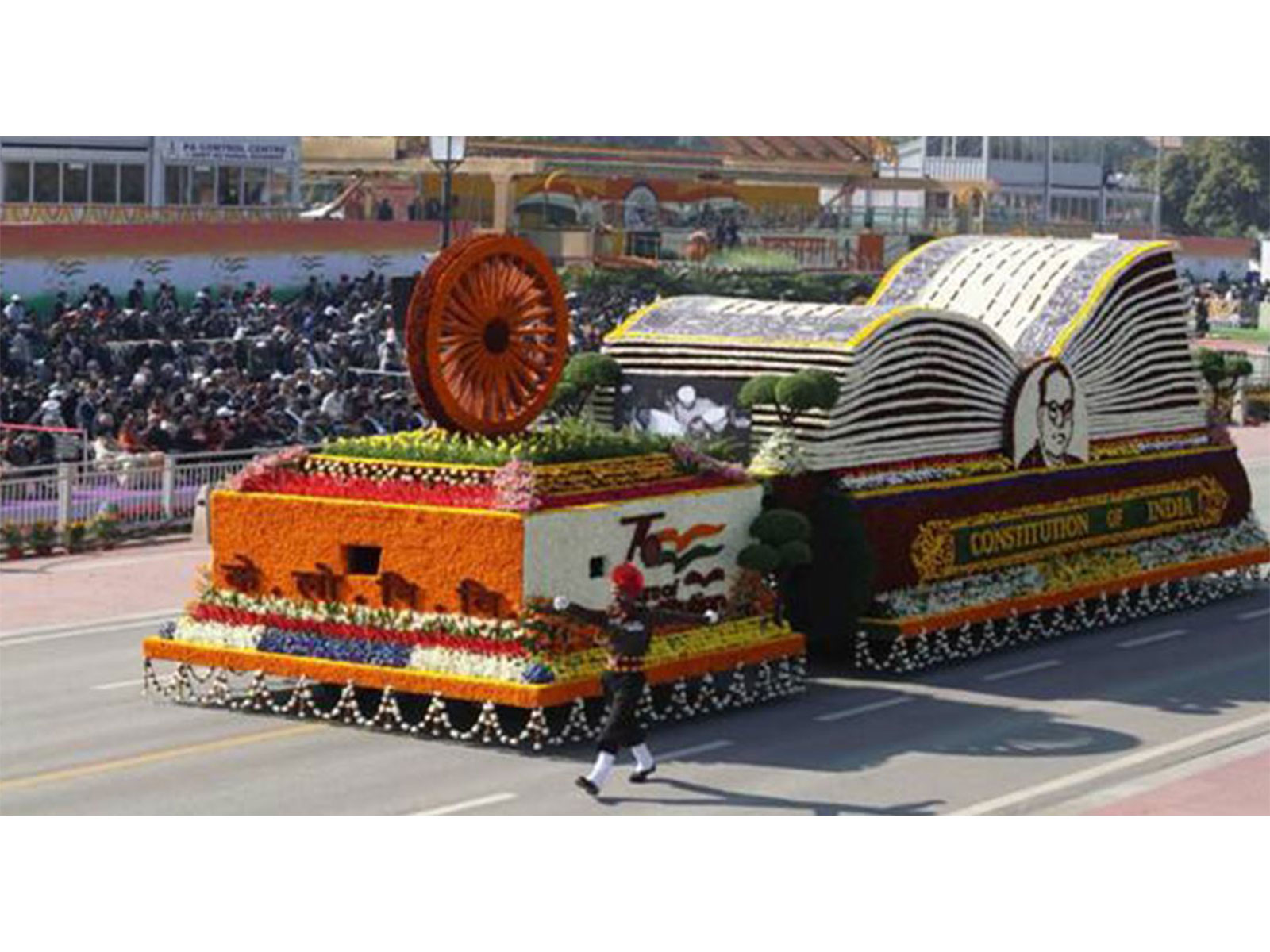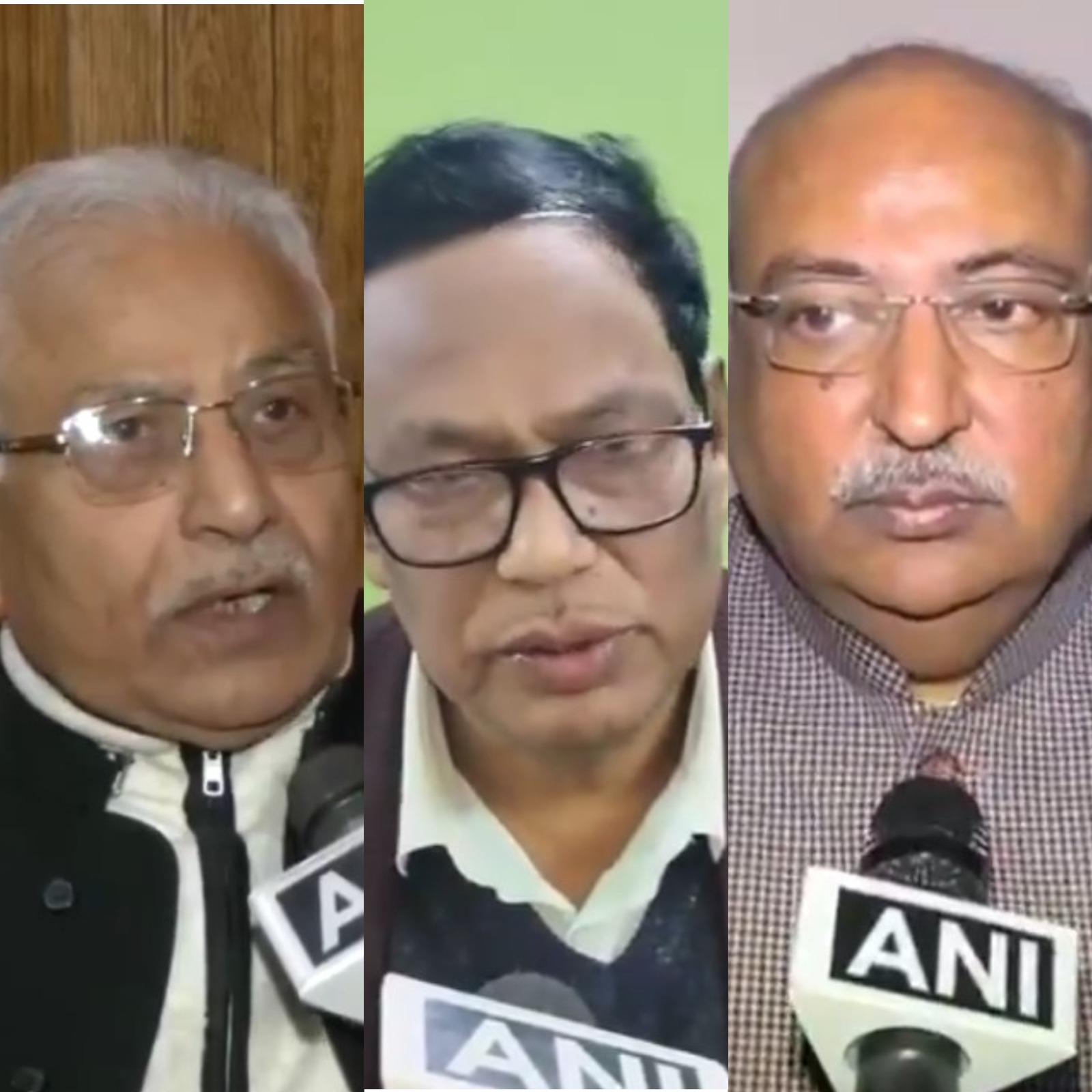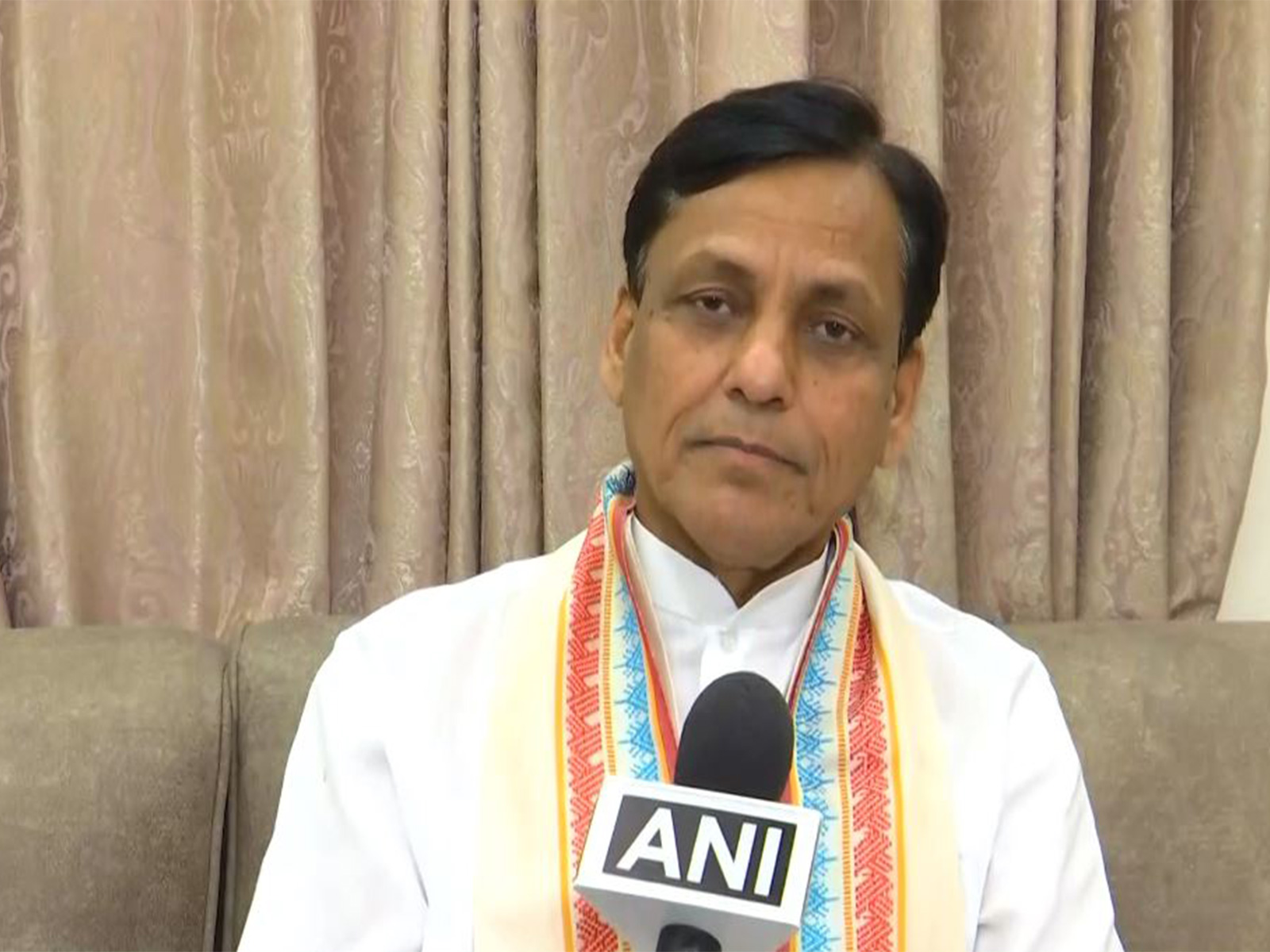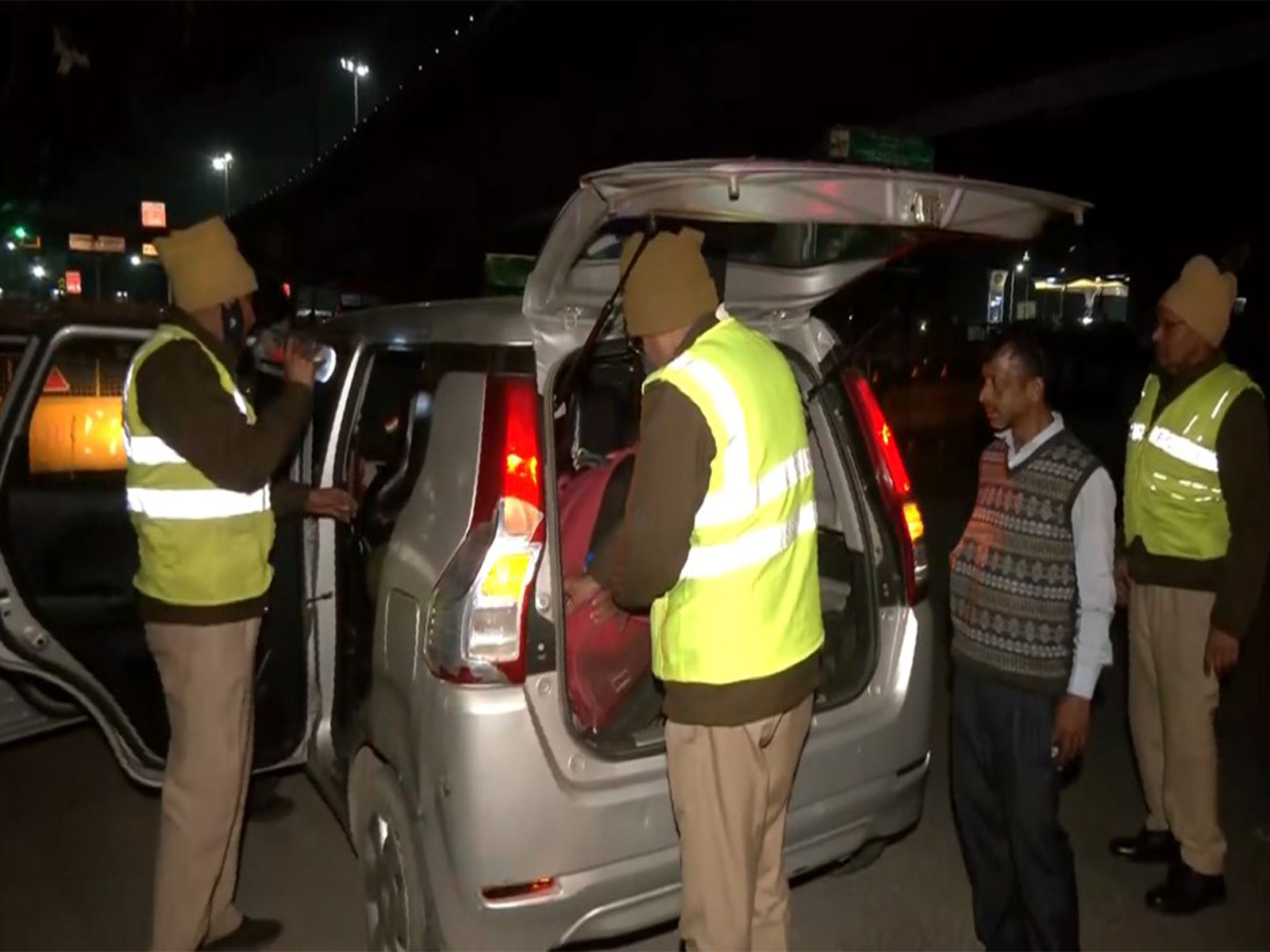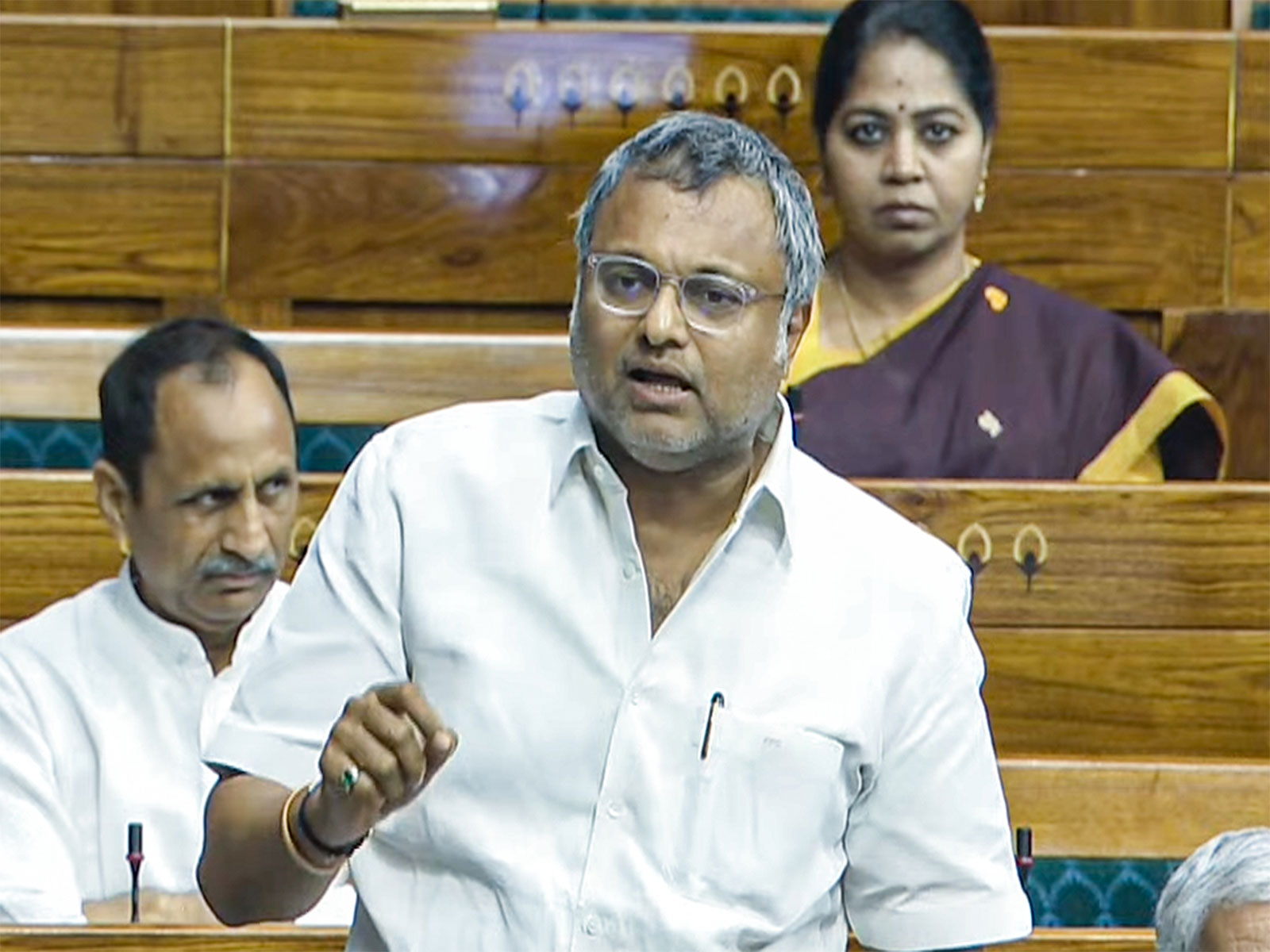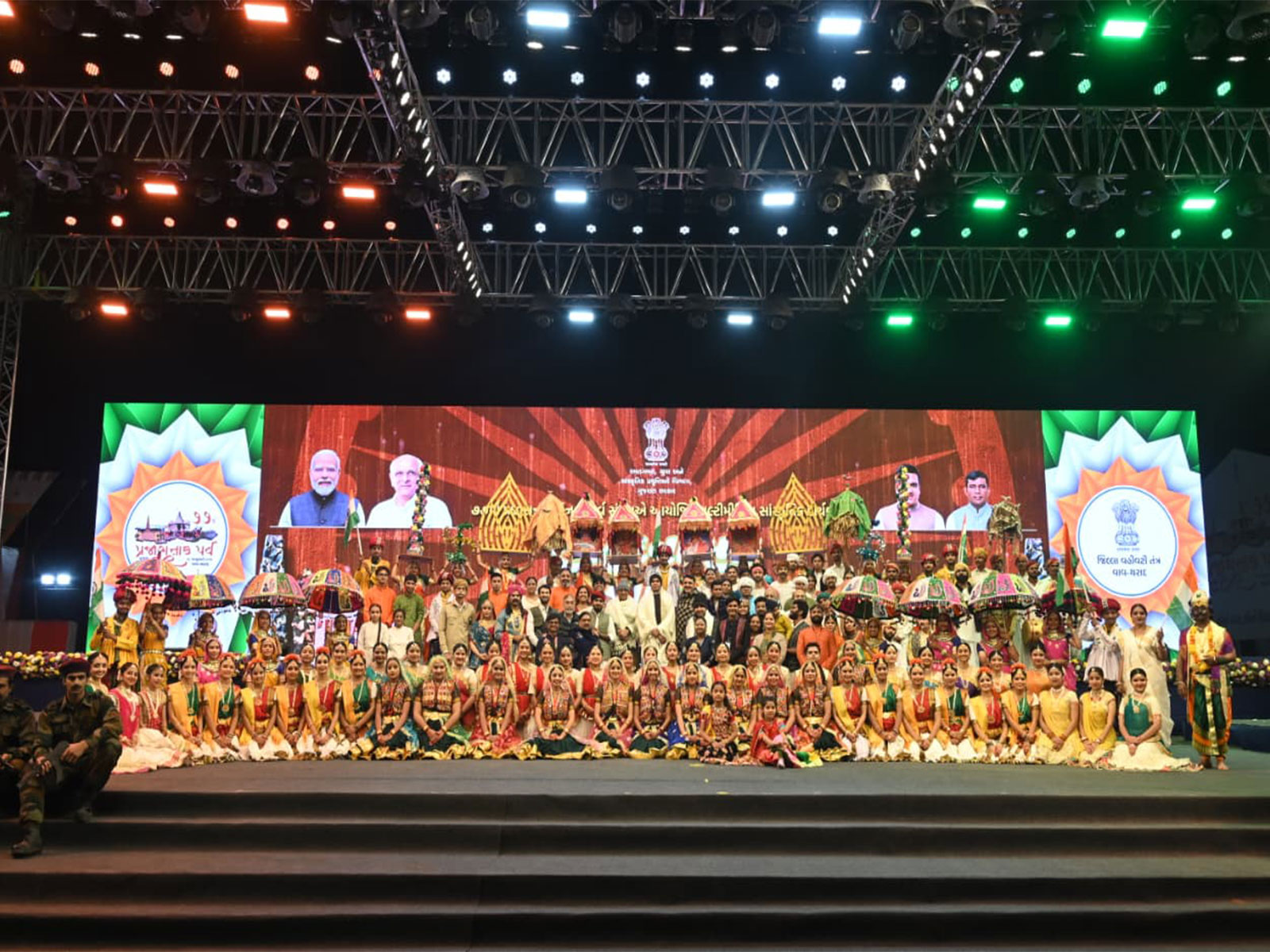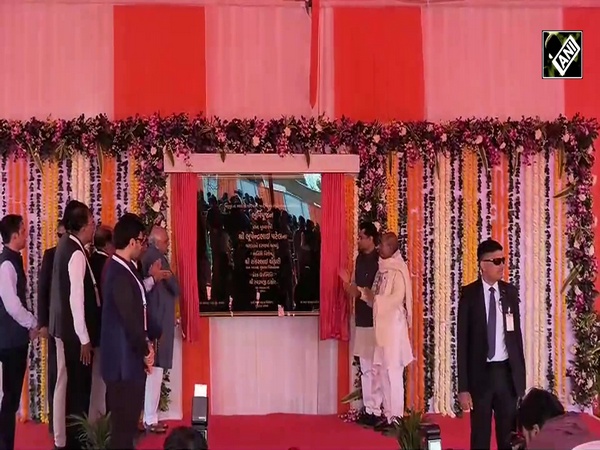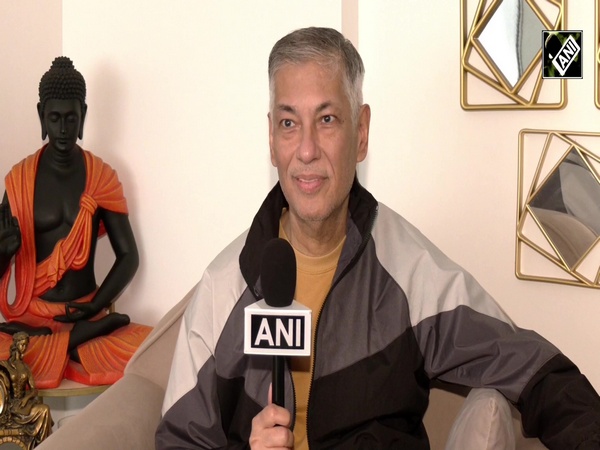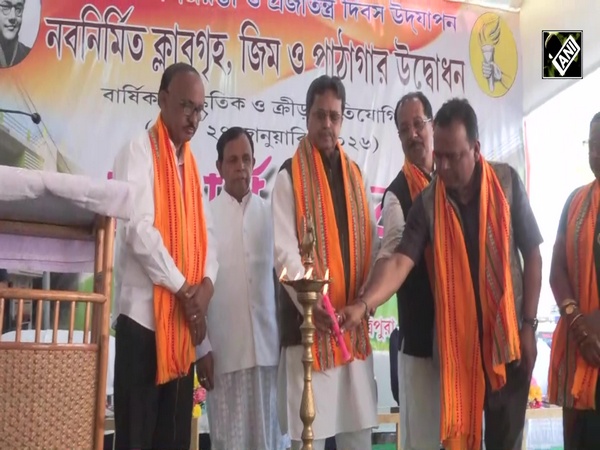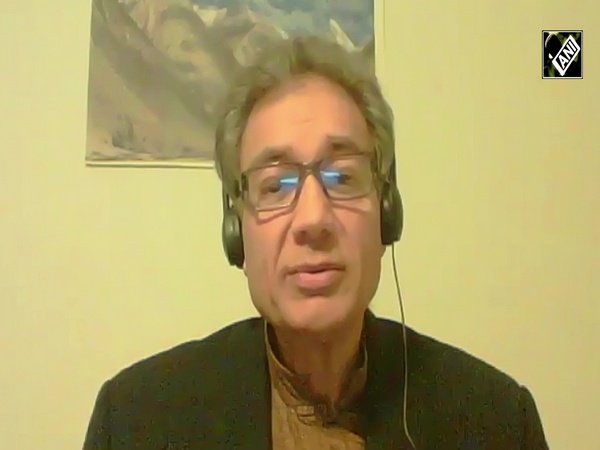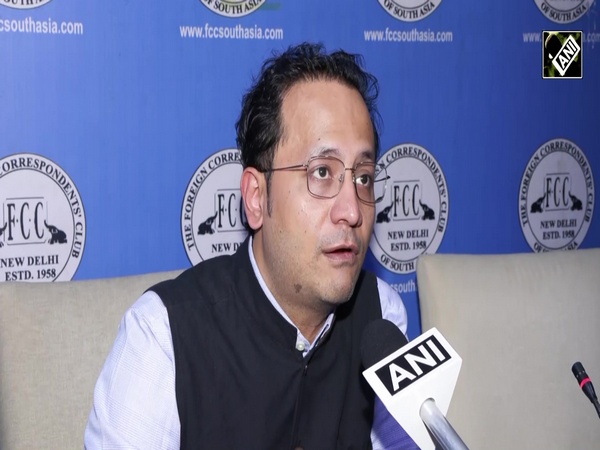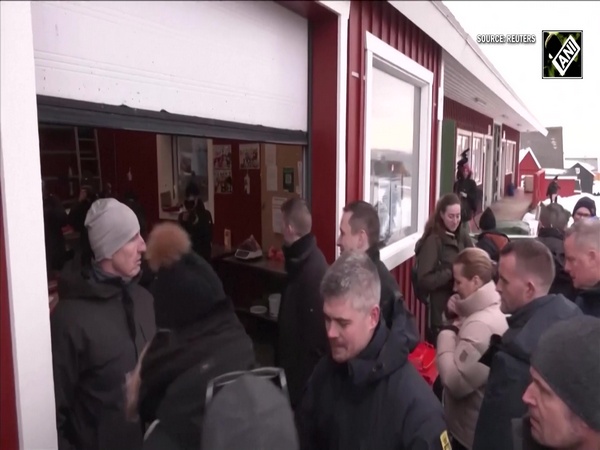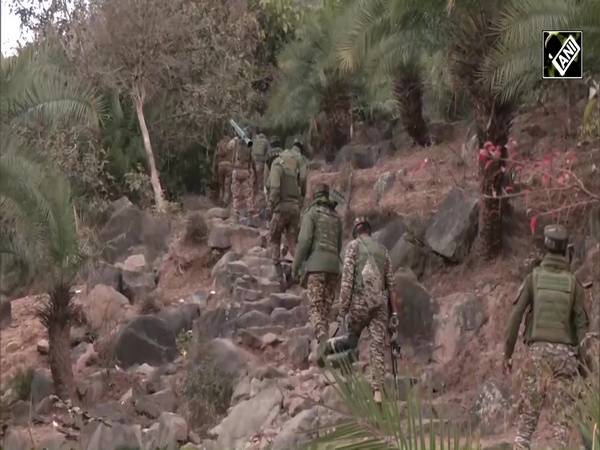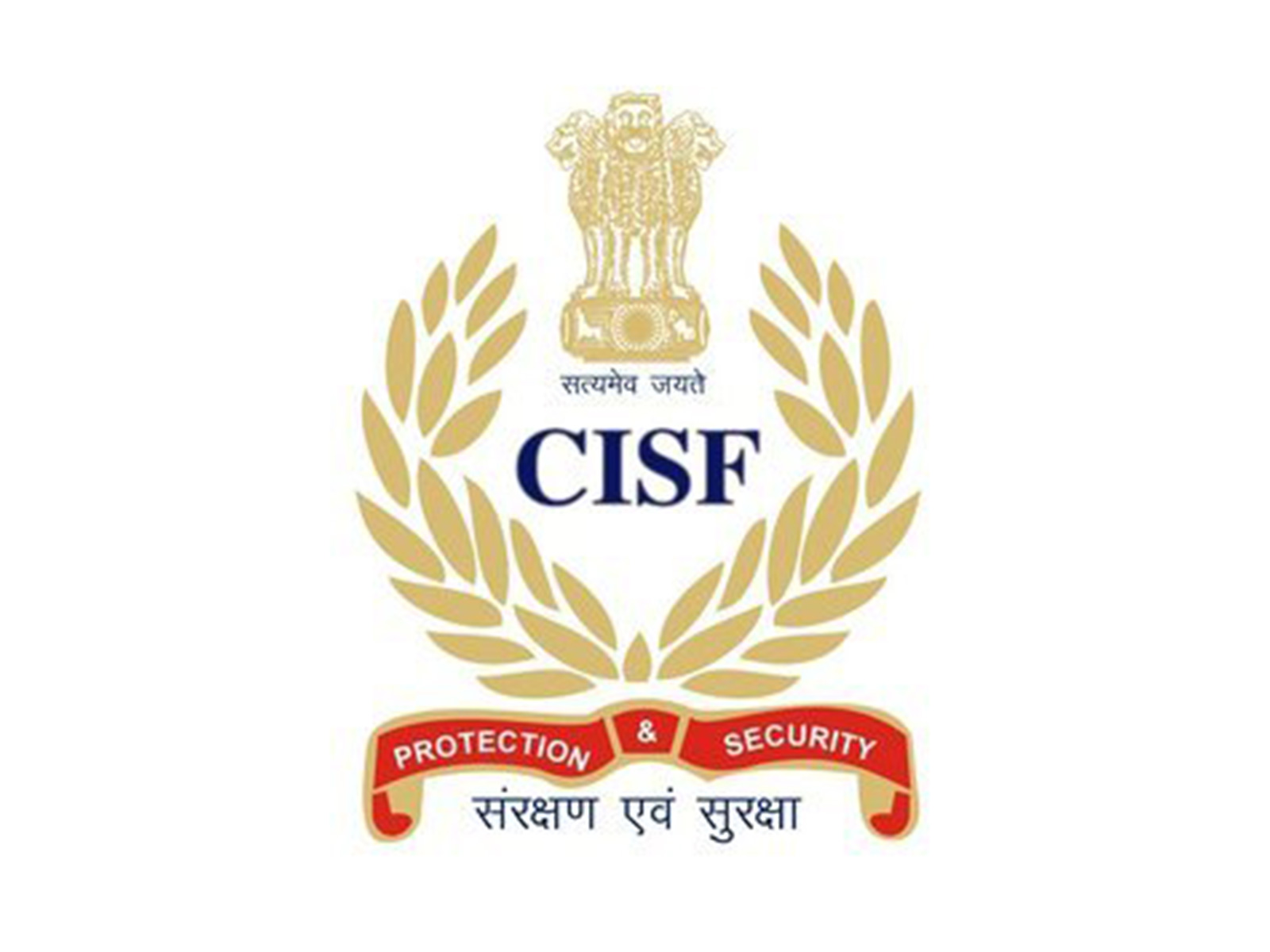
CISF revises posting policy for Parliament security, extends tenure to four years
Nov 27, 2025
By Rajnish Singh
New Delhi [India], November 27 : Aimed at strengthening security deployment at the Parliament House Complex (PHC), the Central Industrial Security Force (CISF) has introduced a revised posting policy-- a move part of the force's ongoing capability enhancement initiative focused on improving operational readiness and continuity.
Under the updated framework, top officials in the CISF told ANI that the tenure for CISF personnel posted on Parliament security duty has been increased from "three to four years, with an additional one-year extension may be granted based on eligibility and performance."
"To maintain both continuity and operational freshness, a fixed proportion of the sanctioned strength will be rotated annually as part of the revised structure," said the officials, privy to the key decision taken for the first time in the CISF while securing any government infrastructure.
The updated system is expected to ensure better familiarity with Parliament protocols and improve the overall efficiency of security operations at the nerve centre of India's democratic system.
"As part of its ongoing capability enhancement, the Central Industrial Security Force (CISF) has introduced a revised posting policy specific to Parliament security duties. Under the new framework, the tenure of personnel has been extended from the existing three years to four years, with a possible extension of one additional year based on suitability," said the CISF in a note shared with ANI.
"To ensure operational continuity while ensuring optimum rotation for steady infusion of new blood, a fixed proportion of the sanctioned strength will be changed every year."
The extended tenure will further strengthen personnel's familiarity with Members of Parliament and movement patterns within PHC, which is critical for ensuring accurate identification, secure access protocols, and layered threat detection and response, it added.
The updated guidelines lay down explicit eligibility norms for Gazetted Officers (GOs) and Non-Gazetted Officers (NGOs). Personnel detailed for PHC duties must possess a clean service record, be in SHAPE-I medical category, have no disciplinary or vigilance concerns, should have completed atleast two specialised courses, and meet rank-specific age requirements.
To ensure that only the most suitable personnel are deployed for this sensitive assignment, the CISF has instituted a mandatory multi-stage screening process, including psychological assessment, Battle Physical Efficiency Test (BPET), PHC-specific induction training, and comprehensive security clearance. Only those who qualify for all stages will be deployed for Parliament duties.
As per the force, the revised policy emphasises continuous professional training and preparedness.
"Personnel deployed at PHC are regularly undergoing on-site and off-site training sessions during inter-session periods. Training undergone Highlights."
To maintain high readiness levels, the CISF is conducting regular scenario-based mock drills simulating Chemical, Biological, Radiological, and Nuclear (CBRN) incidents, terrorist attacks, drone threats, cyber-attacks, bomb threats, evacuation operations and air-contamination situations. Fire contingency elements are integrated into all exercises. Night-firing exercises are also conducted to sharpen accuracy and precision in low-light conditions.
Additionally, 12 multi-agency mock drills have been conducted this year with Delhi Police, Fire Services, Intelligence Bureau, National Security Guard, National Disaster Response Force and New Delhi Municipal Corporation to strengthen coordinated response. Monthly surprise drills are also undertaken to assess real-time preparedness.
Officials, known with training process, said annual psychological tests and BPET will be conducted for all personnel deployed at PHC, while BPET for QRT personnel will continue every month.
"The revised posting norms, coupled with enhanced training and preparedness measures, reaffirm CISF's commitment to maintaining the highest standards of security at the Parliament House Complex," said the officials.
By deploying younger, fitter and rigorously trained personnel and upgrading its modern threat-response capabilities, the CISF said, it is making itself future-ready to safeguard the country's supreme legislative complex.
Following the comprehensive security review undertaken after the December 2023 incident, the CISF significantly strengthened its role in securing the PHC. In a phased takeover completed on May 20, 2024, the CISF assumed charge of all core security layers at Parliament--including Access Control, Perimeter and Internal Security, Counter-Terror and Counter-Sabotage response, Bomb Threat management and Fire and Disaster preparedness.
A contingent of over 3,300 personnel, including over 200 Fire and Disaster Management specialists, was deployed to introduce airport-style security protocols such as advanced frisking, X-ray baggage checks and multi-level access verification.
The Central Armed Police Force said it has been consistently enhancing its capabilities to counter emerging threats, with specialised training modules focused on Drone threats, cybersecurity, CBRN response, as well as battle-inoculation courses conducted with the National Security Guard (NSG) and elite units of the Indian Army.
